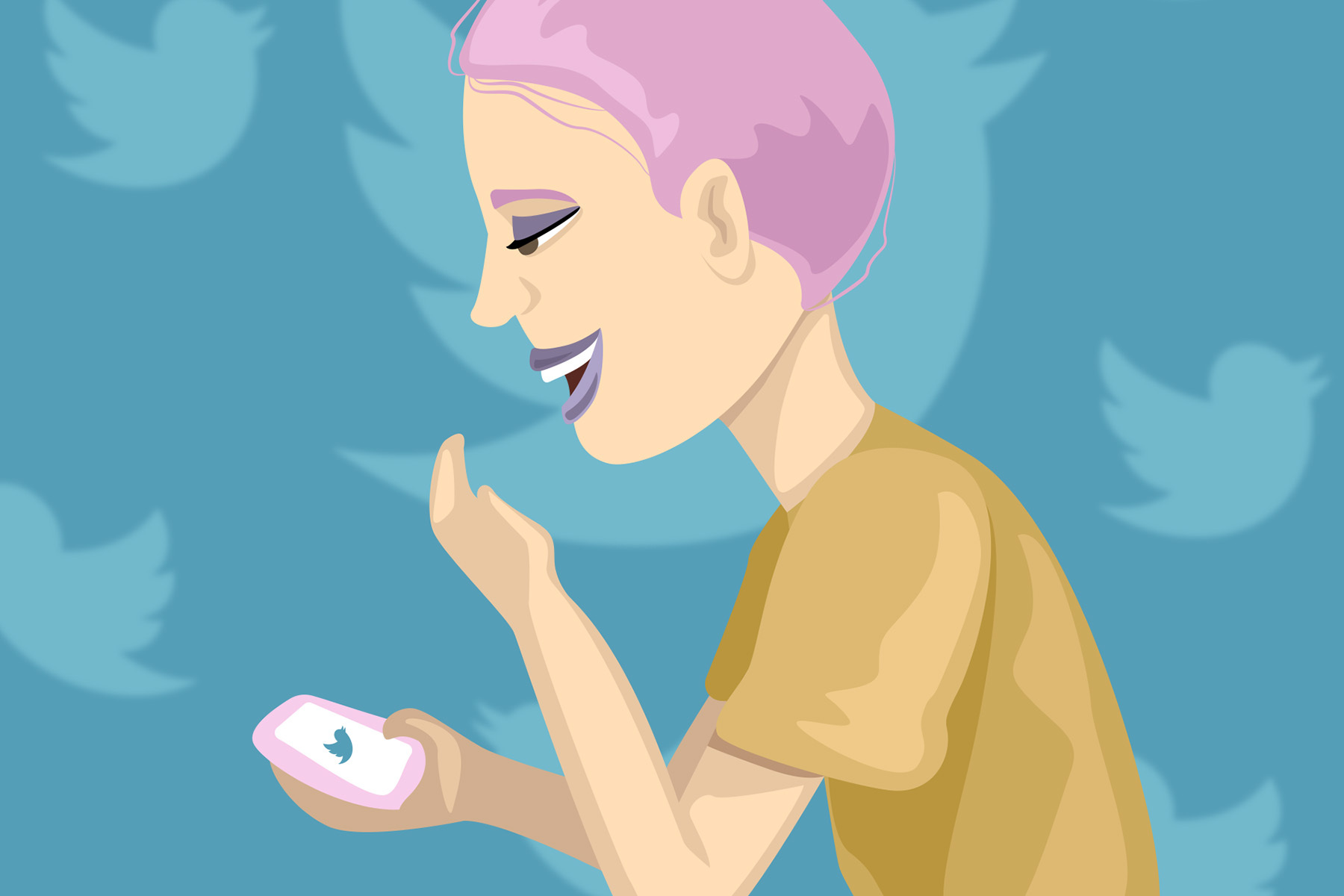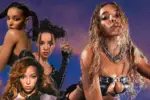As a member of Gen Z, I am all too aware of the slew of negative developments plaguing the world today. I — along with the rest of my generation — am deeply concerned with school shootings, bleak economic prospects, rising costs of living and dealing with the inevitable calamity climate change is already causing across the globe. These stressors are collective, and often feel irreversible. However, the one thing every member of Gen Z has in common is not simply the collective interest in these phenomena, but the ability to access it on a regular basis multiple times a day through the internet and social media.
So, when faced with this gloomy concoction of having too many things to deal with and not being old enough or having enough time to tackle them, Gen Z must turn to an alternative to completely throwing in the towel and succumbing to a life of misery and hopelessness: humor.
Though every generation has its own style of humor, Gen Z’s is distinct. Growing up in the internet age not only allows for a collective understanding of the world’s hardships but a collective attitude about them as well. Gen Z is able to laugh off extremely horrifying or traumatizing real-world goings-on because we realize in the end, there’s truly no other alternative. Gen Z is tired of jokes centered around sexism, homophobia and racial stereotypes, and instead turns to humor that either makes light of gruesome situations or provides a healthy dose of escapism and absurdity.
Absurd Humor and Why It’s So Funny
As a member of Gen Z, I often find myself on the couch seated next to my boomer parents amused by a meme on Twitter or TikTok. Though most content gets the occasional quick breath of air out my nostrils, some is so enjoyable that an occasional chuckle is likely to escape, causing not only a direct reaction from my parents but also immediate regret within myself. In these moments, I know I’m faced with exactly two options: coming up with something my parents will be able to relate to that has absolutely nothing to do with the meme in question, or face the dreaded looks of confusion I’ll receive trying to explain why “they did surgery on a grape” is the funniest thing I have ever seen.
Memes such as these are my favorite brand of humor — and likely my peers’ as well. This branded absurdity of Gen Z makes me giggle and allows me to forget the doom and gloom all around me all the time. Absurdity is so common within popular meme culture because it is the pinnacle of living life through what feels like headlines from The Onion. According to a Gen Z subreddit, absurdity refers to “the conflict between the human tendency to seek inherent value and meaning in life and the human inability to find any in a purposeless, meaningless or chaotic and irrational universe.”
The attitude that we’re all merely Sims floating around a simulation is common within Gen Z, so we treat everything as such — especially humor. Memes not making sense is their inherent value. They’re not always intended to be realistic or relatable; the fact that the most absurd memes are the most hilarious honors the creative ability within the memer to concoct a ridiculous combination of text and imagery that can make onlookers go, “Where on Earth did they come up with that?” and “God bless them for it!”
Why Is It Just My Generation?
Millennials and boomers have a harder time discerning what makes ridiculous and absurdist memes so funny because, though relatively nihilistic as well, they do not feel the need to collectively catastrophize in such a humorous way. Millennials would rather find humor in the cheugy art of “adulting” or “but first, coffee” mantras, whereas boomers would rather just make fun of young people for their internet addiction, inducing eye rolls from all subsequent generations.
Personally, I’d much rather make light of Drake coming out as a he/him lesbian in his new song “Girls Want Girls” where he lyricizes, “Yeah, say that you a lesbian, girl, me too.” I’d rather giggle at shows that shaped my childhood such as the “SpongeBob” episode “Future!” or the ability of “Regular Show” to constantly smooth all of the wrinkles in my brain.
Gen Z grew up on some of the most outlandish media and cartoons and also had the unique ability to engage with them online. We’ve seen constant innovation in meme culture from its beginnings in Tumblr blogs and Twitter posts. Meme culture has been so historically popular, it even spurred an entire app dedicated to procuring the funniest and most popular memes with iFunny in 2011.
Though it had humble beginnings, meme culture matured and lives almost exclusively on Twitter and TikTok — with the occasional meme or two landing itself on Instagram for millennials desperately trying to fit in. And some memes are so ridiculous and unheard of, there are entire profiles dedicated to nostalgic early 2010s memes or niche meme subcultures. This transformation of online memeing is the modern-day equivalent of satire, and even though it may look different from that of millennials, Gen X or baby boomers, it is equally as valid and generational nonetheless.
Overall, meme culture is one of the most exciting and communal aspects of being a member of Gen Z. Though we struggle through climate change, sexual and societal violence, racial division and gloomy economic and political landscapes, we can turn to memes for a brief moment of respite. Memes make us feel at ease with those around us, and they provide for wonderful icebreakers. It may take numerous hangouts to determine a person’s history and upbringing, but give me five minutes, and I’ll uncover their favorite “SpongeBob” episode. As for me? It’s got to be the one depicting Wumbology — the study of Wumbo.
















